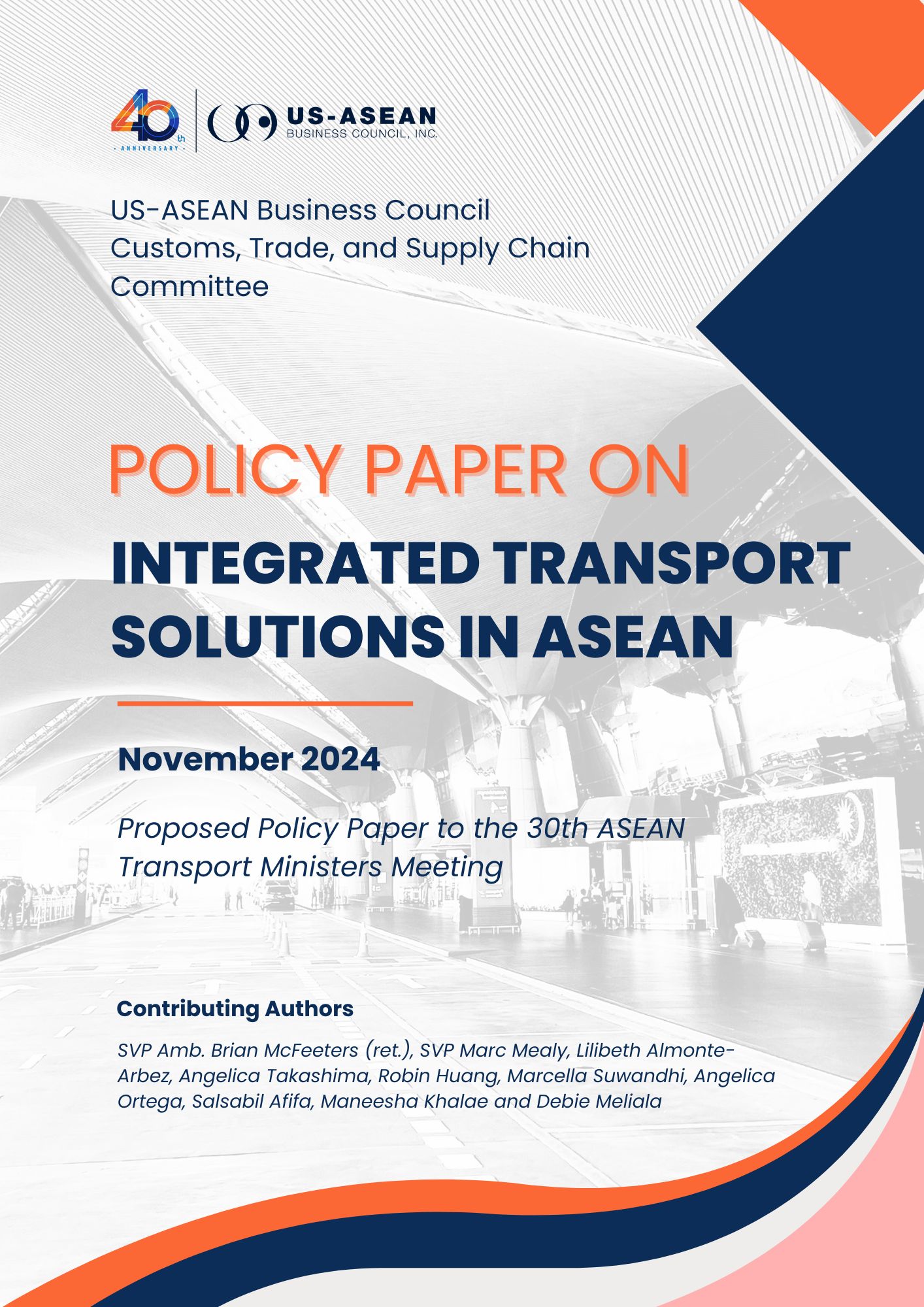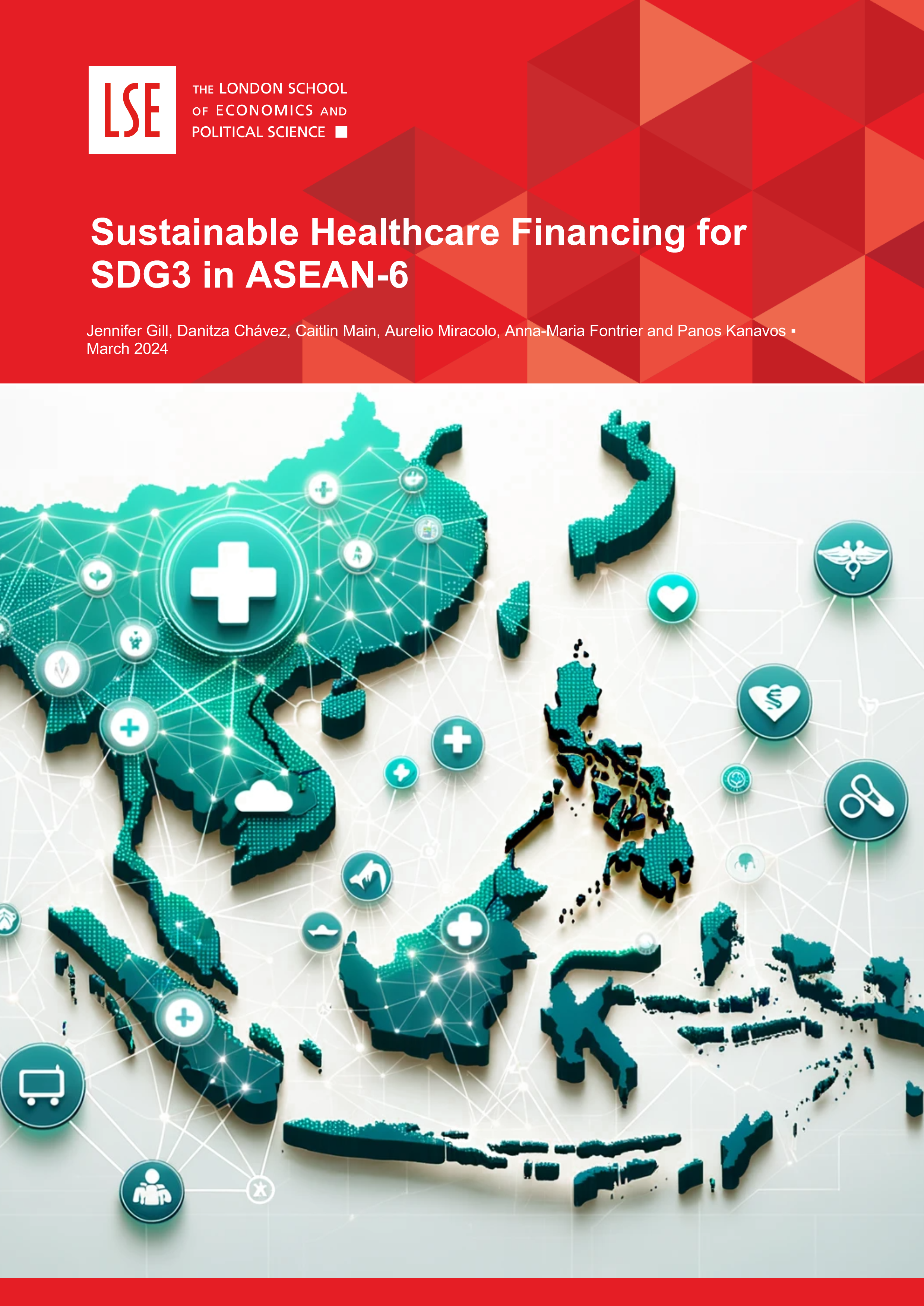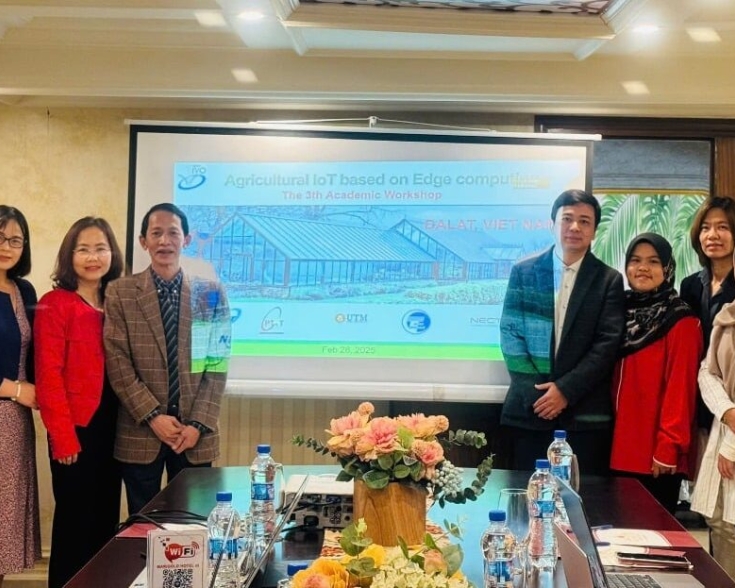Governments Throughout ASEAN Step Up to Tackle African Swine Fever Outbreaks

African Swine Fever (ASF) has brought severe consequences on ASEAN agricultural economies. First reported in the region in 2019, the disease has spread to the Philippines, Malaysia, Singapore, Indonesia, and Vietnam with 100% fatal rate and no acclaimed prevention measures.
On May 9, Indonesian authorities confirmed an outbreak of ASF throughout Pulau Bulan in Riau Islands province, saying that pigs may have caught a new strain of ASF. Live pigs from the impacted area account for two-thirds of Singapore’s supply of pork. Pork shipments were suspended and all infected pigs, along with pigs in the same cages as those infected, were culled.
In late June, the Philippines also witnessed the spread of ASF in Western Visayas with approximately 500 pig farms affected by this virus. San Jose de Buenavista, Antique province’s capital, lost PHP1.2 million due to hog mortalities as well as a shortage of pork supply and decreased pork prices in nearby neighborhoods.
In an effort to combat ASF, preventive measures such as transportation restrictions and bans on livestock were introduced in Indonesia and the Philippines to thoroughly scrutinize the causes and scope of the outbreak. The Filipino government also provided farmers with financial aid of PHP2 million in the town of Hamtic.
ASEAN countries have focused on zoological vaccine development. Notably, Vietnam reached a near approval of the world’s first swine fever vaccine. According to the assessment of Vietnam Ministry of Agriculture and Rural Development, the vaccine demonstrated a high level of efficiency and no safety risks in trials with 600,000 doses were authorized to use on Vietnam’s pig farmers. The Philippines also joined the vaccine race as its ASF vaccine showed high potential of success in initial local trials. Meanwhile, Indonesia developed a serum that provides temporary immunity against the ASF virus.







